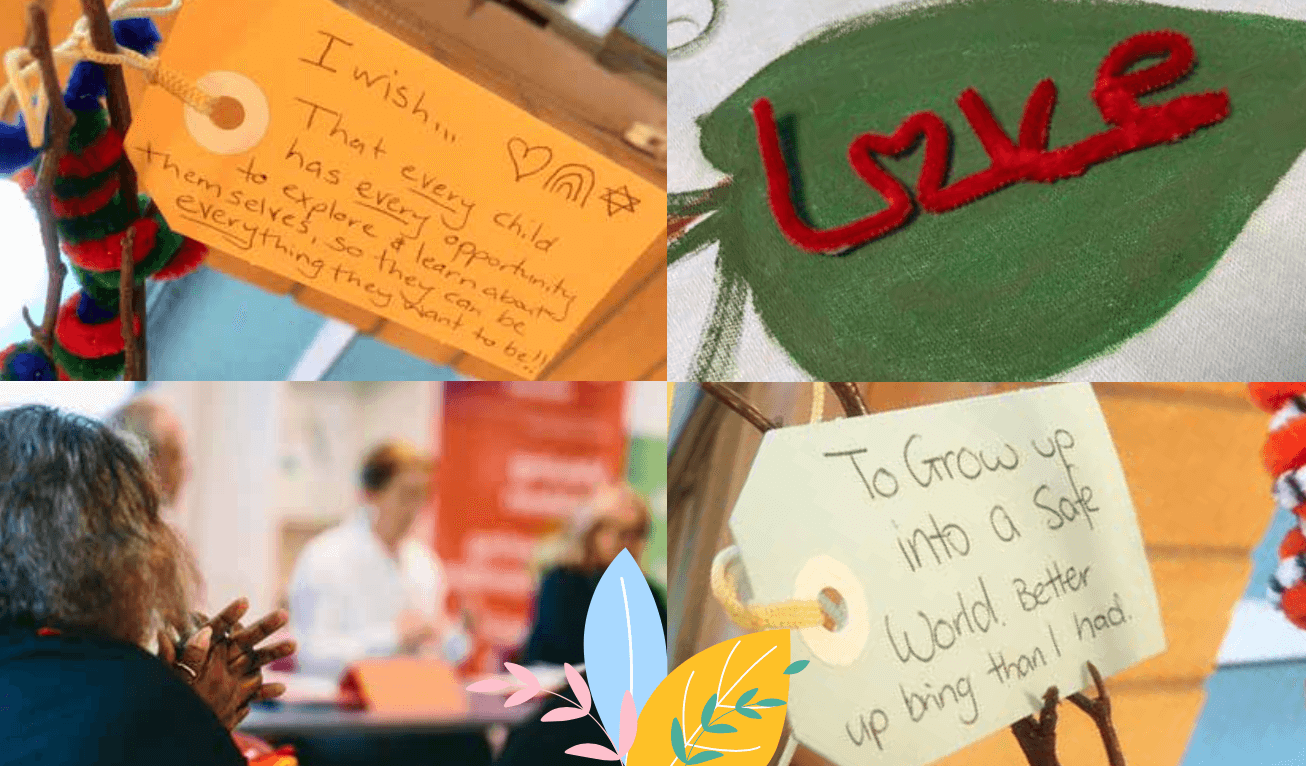Charter of Rights for Parents Involved in the Child Protection System
The Charter of Rights for Parents has been developed for those involved in child protection matters. The Charter sets out the rights of parents in accordance with the Queensland Human Rights Act 2019.
Rights of Parents in child protection matters
- Recognition and equality
Everyone is entitled to equal and effective protection against discrimination - Information and freedom of expression
Everyone has the right to think and speak freely; they also have the right to find and share information - Legal representation and a fair hearing
Everyone has a right to a fair hearing that is decided by an impartial and competent court - Protection of family
Families are entitled to protection from society and the state - Support
Children have the right to be protected from harm or risk of harm; a child’s safety can be protected by supporting the child’s family; if a child is removed from their family, support should be given to the child and family to work towards the child returning to their family - Culture – generally
People can have different family, religious and cultural backgrounds - Cultural rights ATSI peoples
ATSI people in Queensland have distinct cultural rights that are recognised, respected and followed; in particular around kinship ties - Privacy, confidentiality and reputation
Everyone has the right to keep their lives private
The complaint process
Complaints will be listened to and responded to in a private, sensitive and fair manner. There is a three-stage complaints management process:
- Step 1: Local complaint management
This is usually the best place to start; contact your local Child Safety Service Centre and speak to the person you have been working with or ask to speak to a supervisor or manager - Step 2: Escalation of complaint
If you are unhappy with the outcome from the local process, you can contact the Complaints unit; this can be done via phone, email, online or in person; the response will depend on the nature and complexity of the complaint - Step 3: External Review
If you are unhappy with the outcome from the department, you can contact the Office of the Queensland Ombudsman who can review the government’s handling of your complaint
Review of decisions is everyone’s right
When a decision is made about contact or placement you must be informed in writing. If you want to have your contact or placement decision reviewed, there are three steps:
- Speak to your Child Safety Officer, Team Leader and/or Manager
- Formally request a review of the decision through the department’s Complaints Unit
- Contact the Queensland Civil and Administrative Tribunal (QCAT) to have the decision reviewed.



